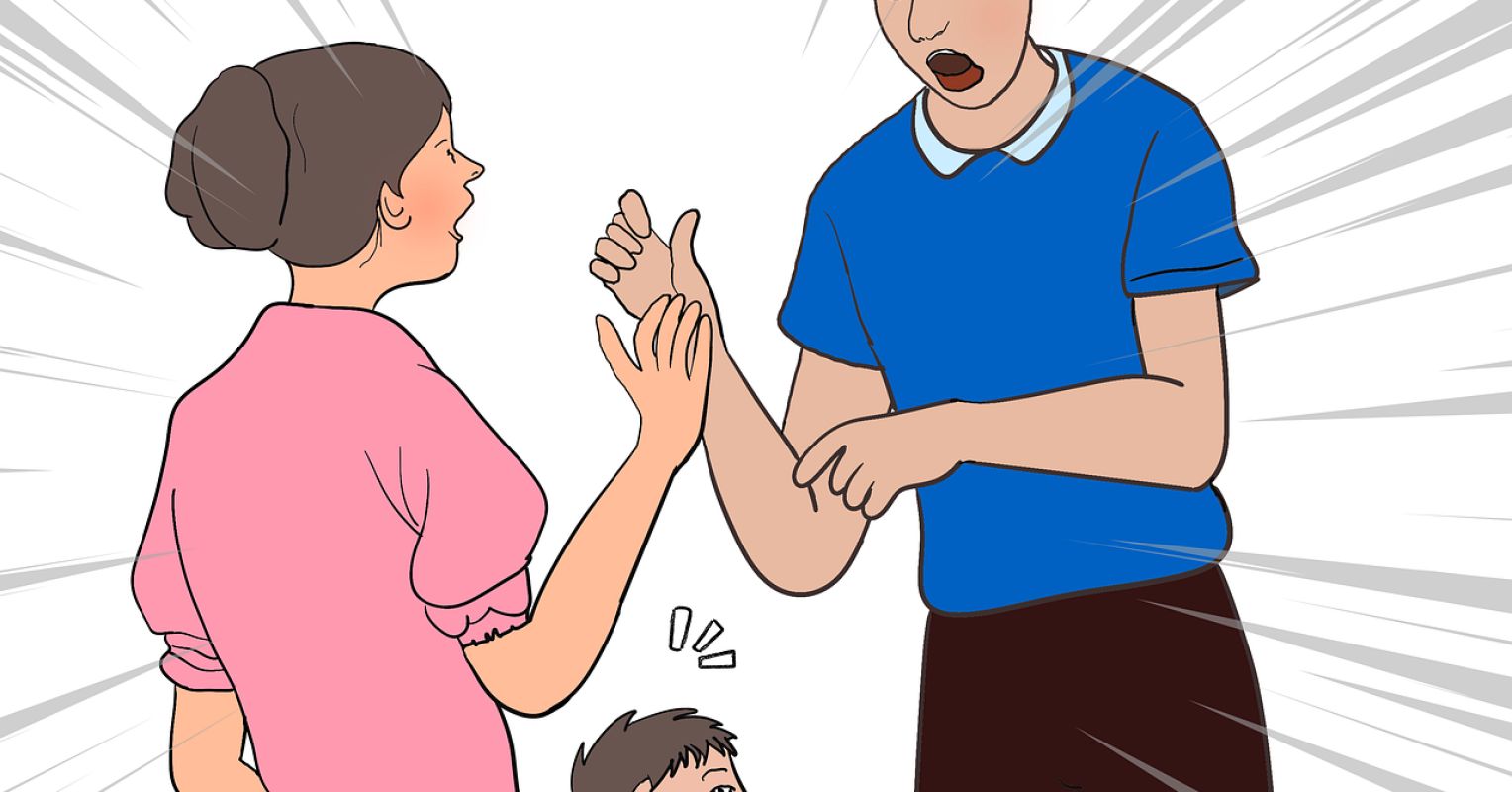
"Emotional dysregulation is often associated with lashing out at others, self-harm, and other socially and physically disruptive behaviors."
"Some individuals come to see lashing out at others as their primary tool for agency and influence over others."
"Neutralizing the positive reinforcement is necessary to become healthy."
"Learning to modulate emotion generally involves the use of mindfulness and other cognitive strategies, such as those offered by dialectical behavior therapy."
Emotional dysregulation, a core symptom of borderline personality disorder, leads to disruptive behaviors like lashing out and self-harm. These behaviors are often reinforced by family responses, which can exacerbate the situation. Individuals might view lashing out as their only means of exerting control. Addressing this positive reinforcement is essential for recovery. Effective emotional regulation relies on mindfulness and cognitive techniques, often taught in dialectical behavior therapy. Many individuals learn these strategies but struggle to employ them during heightened emotional states, hindered by familial responses to their impulsive behaviors.
Read at Psychology Today
Unable to calculate read time
Collection
[
|
...
]